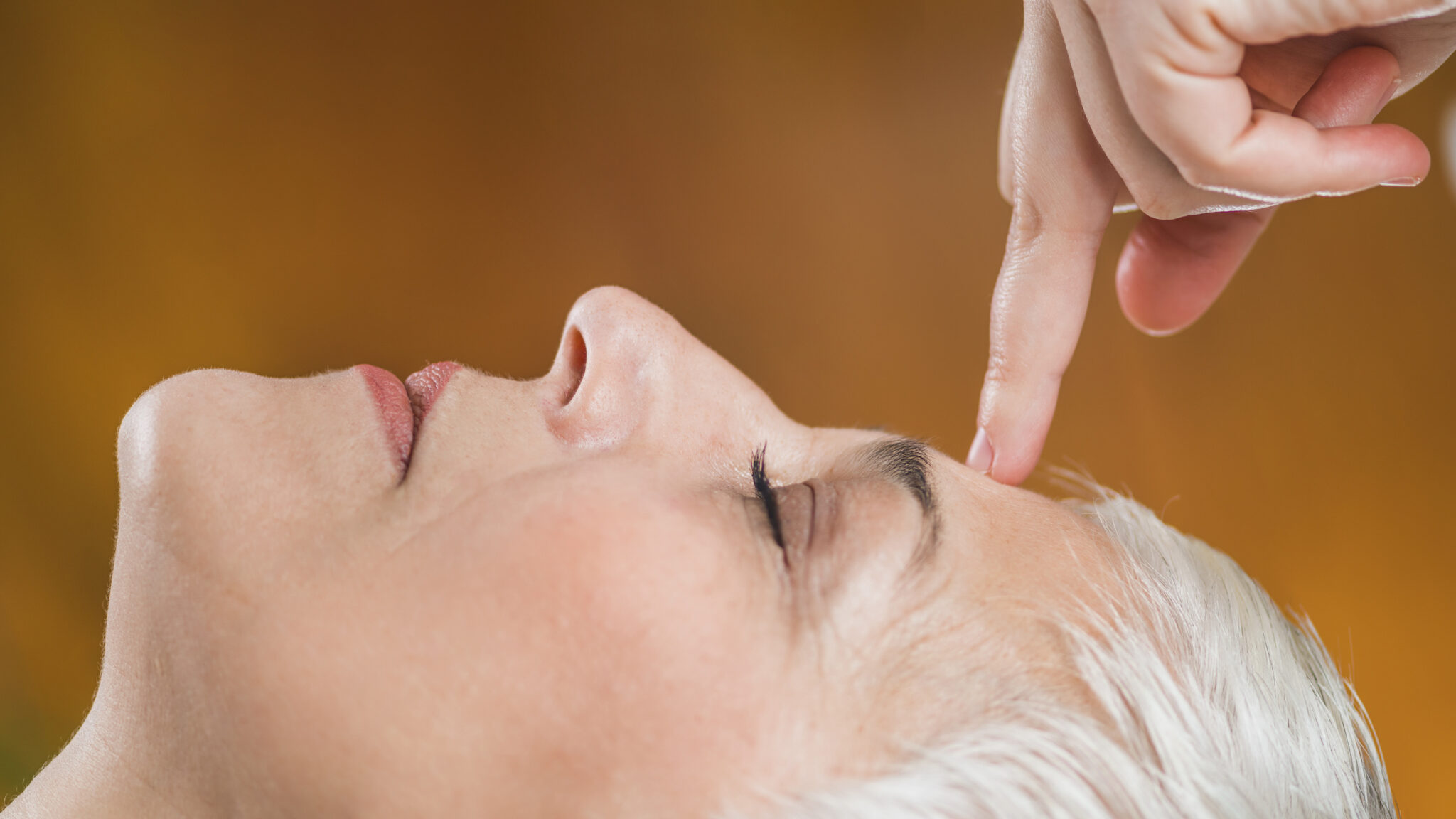Why You Should Try Alternative Medicine

The use of alternative and complementary therapies has risen over the last several years. Today, alternative medicine practices are, in some segments, taking as much as an important role as conventional medicine. One of the reasons driving this emerging adoption is the incorporation of alternative techniques in conventional medicine. In addition, several pieces of research on the effects and the potential of alternative therapies have increased their popularity worldwide. But, does alternative medicine have an upper hand over conventional medicine? And have you ever wondered why you should try alternative medicine?
We explain some of the main reasons why you might want to consider adding alternative practices to your wellness journey.
Alternative medicine focuses on the actual cause
Conventional medicine tends to focus on the treatment of symptoms rather than delving into the root cause of the disease. Alternative medicine, on the other hand, tends to look at the person as a whole and how different physical, mental, energetic, and spiritual imbalances might be affecting the person’s health.
One example could be an Ayurvedic treatment. Ayurvedic doctors look at the person as a whole and change eating habits, sleep patterns, among other things to create change addressing the underlying disease.
Alternative medicine tends to be natural and safer
Though alternative treatments may include some drugs, they are far less common. This is, oftentimes, one of the many reasons people try alternative treatments. The fact that they tend to exclude man-made drugs, makes them more natural, and in some cases, and safer.
Many therapies, like acupuncture, reflexology, reiki, massage, etc., are in fact, drug-free. Others, like TCM, Ayurveda, and Homeopathy use natural substances that have been used for a long time.
It can be less expensive
While many alternative treatments may not be covered by insurance, they can be less expensive in the long run. One of the reasons behind this is that all therapies are not only effective in treating a health problem, but they can also act as preventive medicine too. This, in turn, minimizes the chances of health crises that can be extremely to face.
For example, untreated conditions can result in unwanted, urgent surgeries that can cost thousands of dollars, even with insurance. And while some surgeries are in many cases necessary, there are many that can be prevented. And many alternative treatments can be very helpful in the quest of maintaining health.
Minimal side effects
While alternative medicine treatments are not exempt from creating some unwanted side effects, they are far less common. In fact, all alternative treatments are gentle, not invasive, and tend to be tailored to the specific person and condition. This minimizes the one-size-fits-all approach that many drugs or conventional approaches take in treating diseases.
For example, a conventional treatment involving pain treatment may involve the prescription of a pain-management drug. The alternative approach would be perhaps, a series of individualized treatments that not only would help with the pain but address the underlying condition. The treatment of the pain might be more gradual with the alternative way but it is effective and safe in the long run.
It looks at the whole picture
Conventional medicine is primarily concerned with the physical aspect. Alternative medicine is concerned with the different layers of a person, which include body, mind, energy, and spirit. This ensures lasting and durable effects on the person as well as a more harmonious balance.
A perfect example is a TCM practitioner, who can choose to combine diet changes, herbs, acupuncture, and qigong practice for a specific client. This example would address different layers of the person in an effort to create balance in areas where there is imbalance.
Conclusion
For those at the most severe end of the disease spectrum, conventional medical interventions may be effective in altering the pathological course of the illness. But the patient can perceive them as toxic or may have unpleasant side effects.
While scientific evidence supporting alternative therapies is still in the making, they do create positive effects on patients. These therapies may therefore be more in tune with patients, who simply want to feel better as a whole.


Leave a Reply
You must be logged in to post a comment.